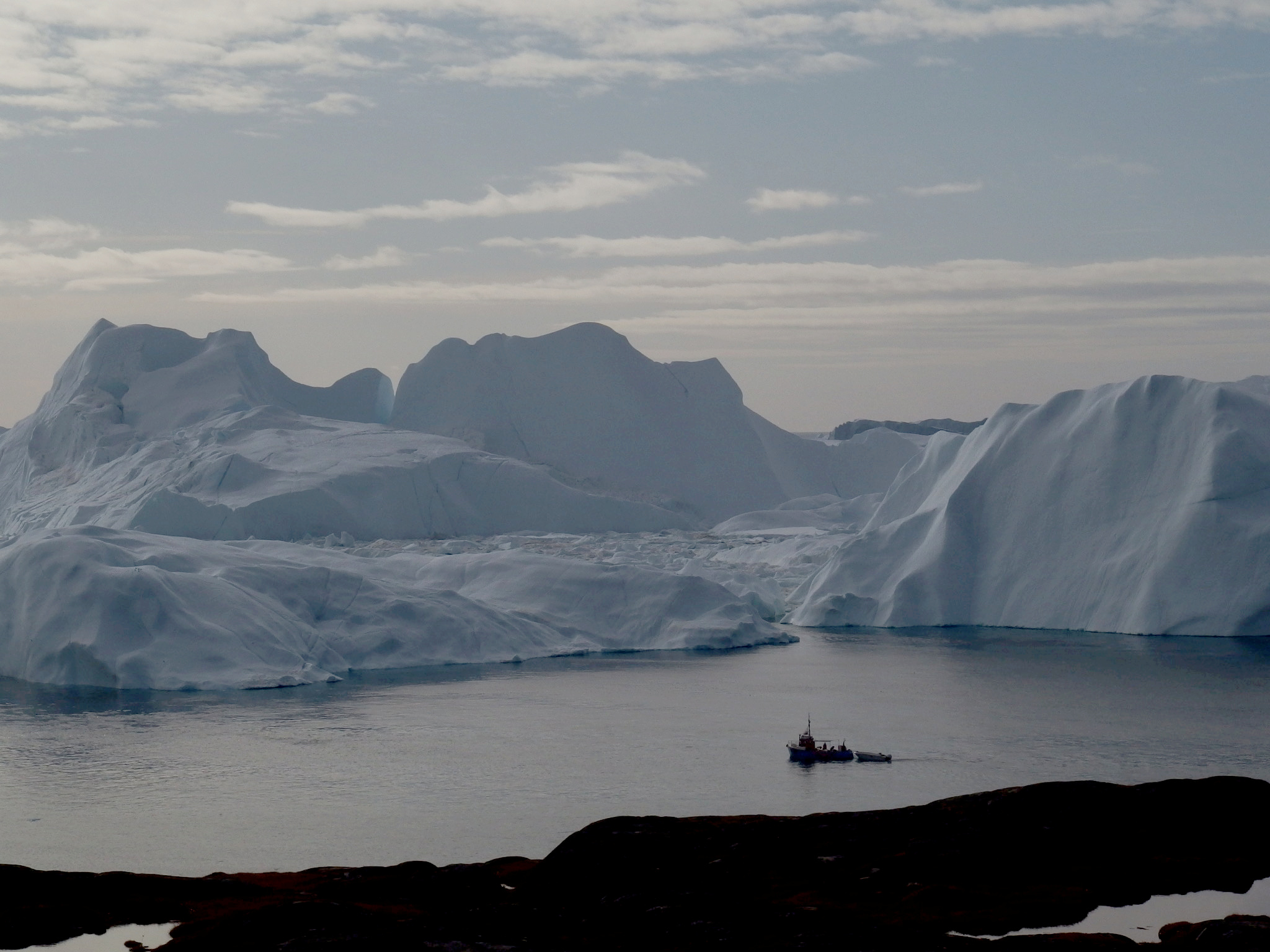Greenland and the UK land a fisheries agreement
The deal is the third for post-Brexit Britain as it seeks to retain access to fisheries in the North Atlantic.

Greenland and the United Kingdom say they will continue to work together to develop fisheries in the North Atlantic after the UK is no longer bound by the European Union’s common fisheries regulations, due to happen at the end of the year.
The main outcome of the agreement, signed Monday, is that the two countries will discuss management of shared fish stocks, but similar deals signed in recent months with Norway and the Faroe Islands establish terms of access to each other’s waters and annual meetings to set bilateral quotas.
Like the UK, Greenland left the EU in part due to concerns that Brussels’ policy of requiring that all its members open their waters to fishing vessels from other EU countries would be detrimental to its interests as a fishing country.
[As Brexit goes, so goes Greenland’s relationship with the EU]
The policy is also a major factor in why Norway and the Faroe Islands — as well as Iceland — have remained outside the EU.
Monday’s agreement did not indicate whether British vessels would be permitted to access Greenlandic waters after it left the EU, but both expect further deals to emerge.
“I am looking forward to developing our cooperation in areas such as fisheries management, science and, hopefully, between our industries. By signing today, we are taking the first step towards a strong partnership between Greenland and the United Kingdom,” Jens Immanuelsen, Greenland’s fisheries minister, said.
[Britain lacking direction in Arctic, MPs find]
Fishing accounts for 90 percent of Greenland exports and earns the country in the neighborhood of $500 million annually. In addition, it receives €16 million ($19 million) each year from Brussels in exchange for allowing EU fishing vessels to work Greenlandic waters.
All three of the UK’s recent fishing agreements have fallen into place as it approaches the end of its transition out of the EU, on December 31.
Britain catches between 10 and 15 percent of the fish landed by EU vessels, making it one of Europe’s largest fishing countries. Currently, its fishing vessels are granted access to the waters of non-EU countries under the terms of their deals with the EU. Leaving the EU means that London must now establish its own fishing agreements.
“As we regain our position as an independent coastal state, we are committed to working with our Northeast Atlantic neighbors, like Greenland, for the benefit of our fishing industries and our marine environment,” Victoria Prentis, the British fisheries minister, said.